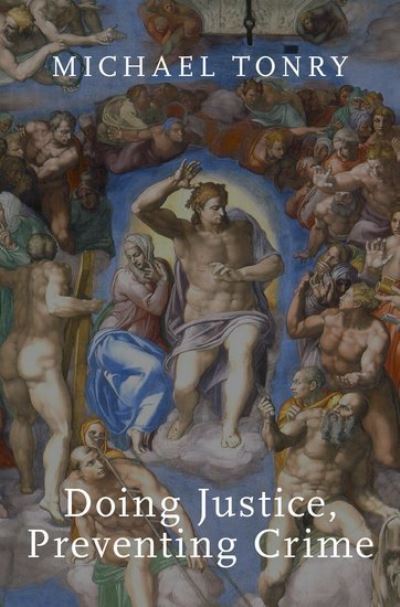
Punishment policies and practices in the United States today are unprincipled, chaotic, and much too often unjust. The financial costs are enormous. The moral cost is greater: countless individual injustices, mass incarceration, the world's highest imprisonment rate, extreme disparities, especially affecting members of racial and ethnic minority groups, high rates of wrongful conviction, assembly line case processing, and a general absence of respectful consideration of offenders' interests, circumstances, and needs. In Doing Justice, Preventing Crime, Michael Tonry lays normative and empirical foundations for building new, more just, and more effective systems of sentencing and punishment in the twenty-first century. The overriding goals are to treat people convicted of crimes justly, fairly, and even-handedly; to take sympathetic account of the circumstances of peoples' lives; and to punish no one more severely than he or she deserves. Drawing on philosophy and punishment theory, this book explains the structural changes needed to uphold the rule of law and its requirement that the human dignity of every person be respected. In clear and engaging prose, Michael Tonry surveys what is known about the deterrent, incapacitative, and rehabilitative effects of punishment, and explains what needs to be done to move from an ignoble present to a better future.
| ISBN: | 9780195320503 |
| Publication date: | 25th August 2020 |
| Author: | Michael H Tonry |
| Publisher: | Oxford University Press an imprint of OUP USA |
| Format: | Hardback |
| Pagination: | 256 pages |
| Series: | Studies in Crime and Public Policy |
| Genres: |
Sentencing and punishment Legal systems: courts and procedures Criminal justice law Crime and criminology |